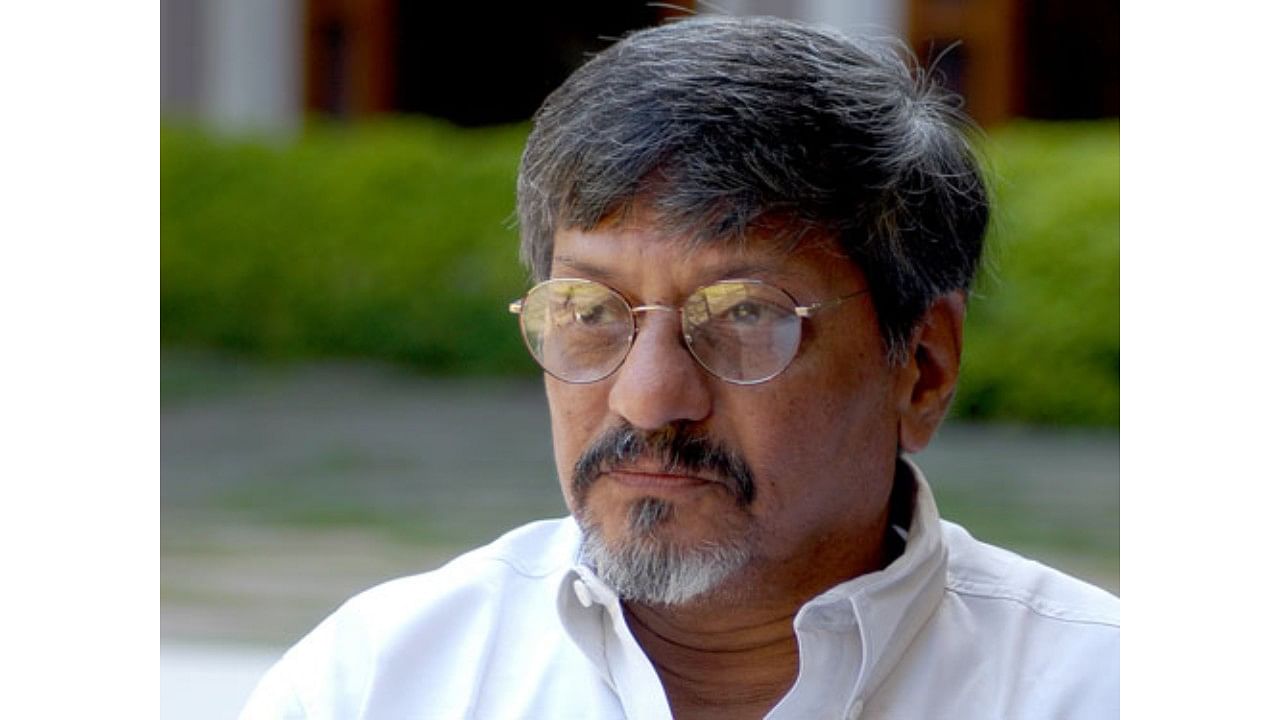
Veteran actor Amol Palekar
Credit: Amol Palekar
New Delhi: The Delhi High Court on Friday sought the Centre's stand on a public interest litigation by veteran cinema and theatre personality Amol Palekar challenging the constitutional validity of the Information Technology (Intermediary Guidelines and Digital Media Ethics Code) Rules, 2021 governing OTT platforms.
In his petition, Palekar has asserted that the rules run against the Information Technology (IT) Act and violate artistic freedom as they grant powers to the government to act as a 'super censor'.
A bench of Acting Chief Justice Manmohan and Justice Manmeet PS Arora issued notice to the Centre on the petition and listed it for hearing in August along with a batch of other petitions challenging the IT Rules.
Represented by senior advocate Nitya Ramakrishnan in court, the veteran actor said in his plea that the rules give unfettered power to the government to not only regulate but also block any content, therefore creating a system of censorship that far exceeds the permissible restrictions on freedom of speech.
"The IT Rules, inter alia, seek to regulate platforms that provide curated catalogue of audio-visual content over-the-top (OTT) platforms, under Part III by imposing governmental oversight, a Code of Ethics, and requirements to self-classify. In doing so, the rules go far beyond the object and scope of the parent IT Act," said the PIL filed through lawyer Mrigank Prabhakar.
"The censorship built into the impugned rules, along with its State driven mechanism to deal with complaints regarding the content offered on OTT platforms is nothing but designed to have a chilling effect and violative of Article 19(1)(a) (right to freedom of speech and expression) and Article 21 (right to life and personal liberty)," it added.
The petition also said the rules impact the right of the audience to choose the content of their interest as also the fundamental right to carry out business and profession of the OTT platforms.
The high court is seized of several petitions challenging the Information Technology (Intermediary Guidelines and Digital Media Ethics Code) Rules, 2021.
These petitions, which were pending before different high courts across the country, were transferred to the Delhi High Court by the Supreme Court earlier this year.
Under the rules, social media and streaming companies are required to take down contentious content quicker, appoint grievance redressal officers and assist in investigations.
They seek to regulate the functioning of online media portals and publishers, over-the-top (OTT) platforms and social media intermediaries.